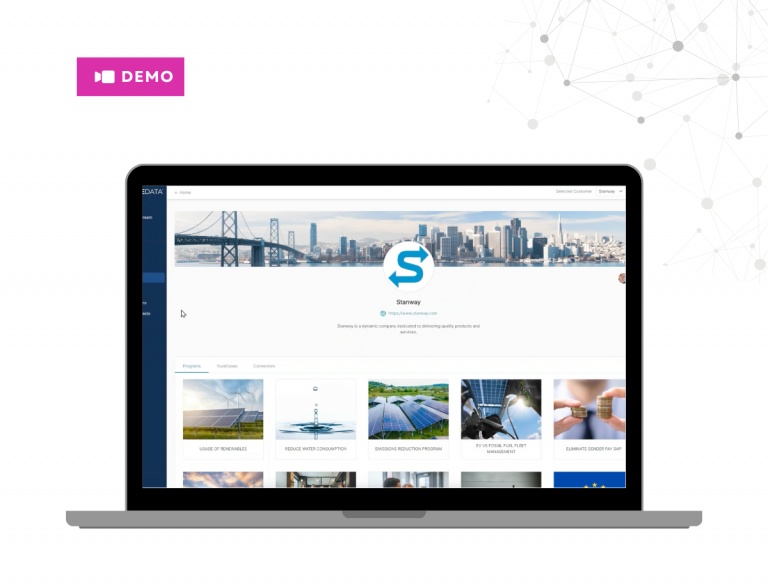“Water, water everywhere, nor any drop to drink.” This phrase was coined by Samuel Taylor Coleridge in his 1798 poem, The Rime of the Ancient Mariner, and has become an idiom that means being surrounded by something that you cannot benefit from. As we transition to a world of machine intelligence, one could say, “Data, data everywhere, nor any drop to drink…”.
Today data proliferates, but business intelligence and automation systems are not keeping up the pace. Many companies are focused on data consolidation, syncing multiple data feeds into a data warehouse to drive business insights and actions. But these large and important efforts are costing time and money with still too little progress on the promise of delivering true business insights and automation. Why? Why is there still a gap in today’s business intelligence and automation systems?
Applying knowledge
The answer to this question is hiding in the very definition of intelligence. Merriam-Webster dictionary’s definition of intelligence includes the line, “the ability to apply knowledge.” Put simply, intelligence is the application of knowledge. If an intelligent orchestration system does not have knowledge, then it is not valuable nor actionable.
Knowledge is more of a human trait than a machine one. It turns out that there are people in every industry that hold this sacred treasure trove of industry knowledge. We call them SMEs (Subject Matter Experts) or Domain Experts. These titles are reserved to select individuals that possess a sphere of expert knowledge in a specific domain. They can reside in a company, within an industry organization, or in a consultancy.
Interpret and drive action
Machine and operational intelligence can tell you everything about data trends, changes, values, and calculations. But if I see data increasing or decreasing over time, how do I know how this will impact my business performance, when to take action and what actions to take? Only an SME or domain expert can interpret this data, and use data to determine whether performance issues are technology, human or process related. Only an SME or domain expert can look at baseline operational data, set future targets or KPIs and recommend actions to executive management and front-line workers based on this data.
Good domain experts are worth their weight in gold. While machine data is now infinitely scalable, domain experts and their ability to add context and knowledge to machine data are not. While data analysis can be consolidated down to one system, domain experts are distributed and varied. A domain expert is needed for every facet of business: from operations, fiscal performance, and compliance risk to health & safety, environmental programs, ESG, and sustainability performance.
Domain Intelligence
To reach the next level of productivity, our industry needs to evolve from Business Intelligence to Domain Intelligence. Domain Intelligence is the application of domain expertise with machine data in a unified and intuitive system. Giving machine and operational data the contextual knowledge it needs to drive true business actions and outcomes.
This is the new frontier YuzeData is pioneering. YuzeData is adding knowledge to operational and machine intelligence through use cases, or YuzeCases. A YuzeCase houses data connections and automation systems with domain expert knowledge to drive better insights and actions that improve performance. Communities of domain experts and end-users can create, share and edit YuzeCases, and collaborate upon them. With the new Machine Intelligence Collaboration Platform, YuzeData leverages the power of machine data with domain expert communities in order to put knowledge back into the definition of intelligence.






